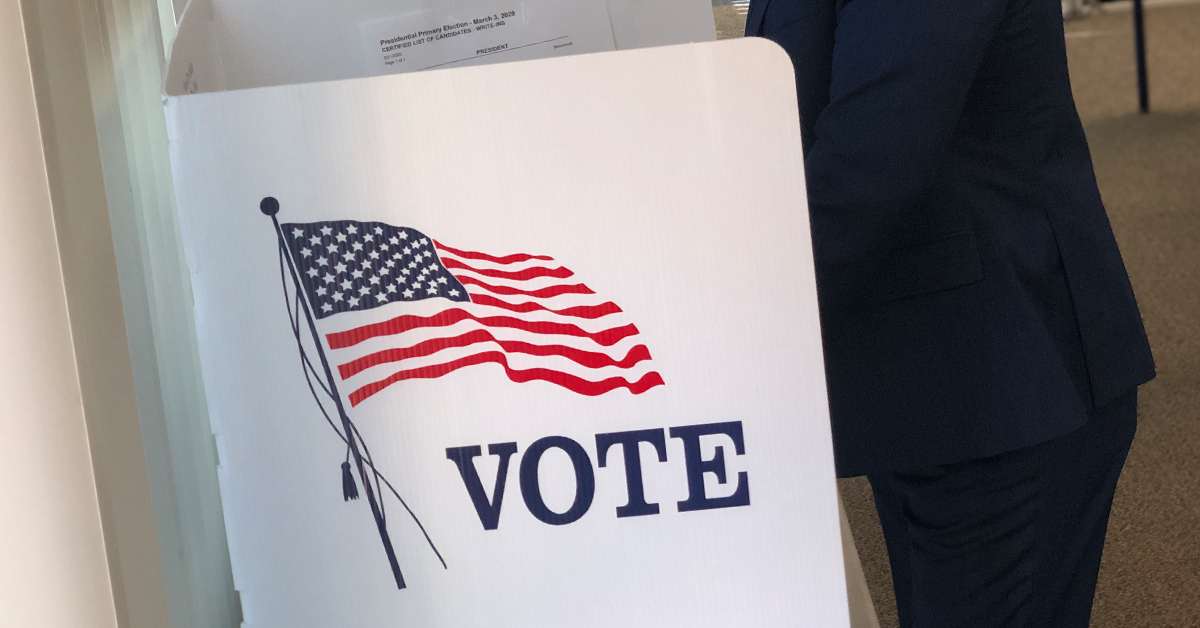California lawmakers have blocked two significant environmental bills that would have ramped up the state’s emissions targets and made oil companies liable for the health problems of people who live close to oil wells.
The bills did not survive the Legislature’s suspense file, a mysterious process where lawmakers decide which bills will get a chance to become law later this year and which ones should not move forward.
Driving the News: The bill, authored by Sen. Lena Gonzalez (D-Long Beach), would have required oil companies to pay up to $1 million to people who have cancer or other health problems associated with wells located near their homes. However, the Senate Appropriations Committee stopped the bill from getting a vote by the full Senate.
- “A bill like this should get a hearing by the full Senate and not be shoved in a drawer by one politician when we have millions of people living within a half mile of oil wells whose lives and health are at threat every damn day,” said Jamie Court, president of the advocacy group Consumer Watchdog.
- Other bills that failed included a plan to allow people struggling with suicidal thoughts to voluntarily register themselves on a “do not sell” list for firearms, and a proposal to ban people under 21 years old from using mobile phones, even hands-free, while driving. A bill that would require the Department of Justice to investigate all police’s use-of-force incidents that resulted in the death of civilians also didn’t make it through Thursday, nor did legislation that would have expanded access to mental health treatment for inmates.
What they’re saying: Kara Greene, a spokesperson for the Western States Petroleum Association, which opposed the bill, said it would have been unfair to oil and gas companies and done more harm than good.
- “The billions of dollars and the fiscal mess that this bill would have caused to the State and local governments from their own liabilities, the fiscal responsibility of inherited wells, and the cost to the court system, would be substantial,” Greene said in a statement.
- State Sen. Henry Stern, a Los Angeles Democrat, introduced another bill this year that would have required the state to reduce its planet-warming emissions to 55% below the 1990 level by the end of 2030. The state has already set out to reduce those emissions by 40% by that same deadline. However, the bill also failed to pass.
- “The bill dying was a reflection of the impasse I worry we’re heading towards on climate in California,” Stern said in a statement. “As the world races ahead, we may get stuck debating pathways forward.”










